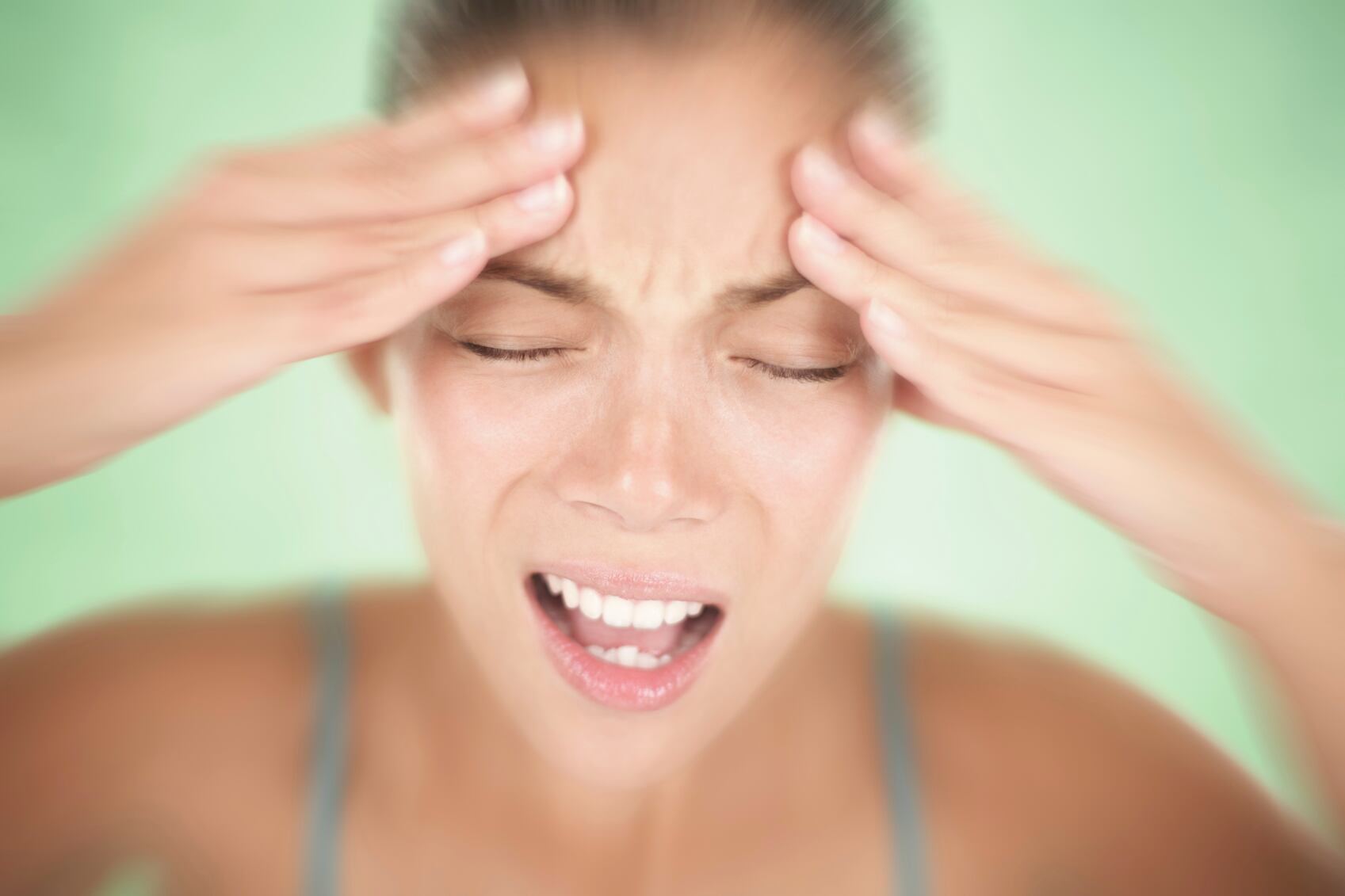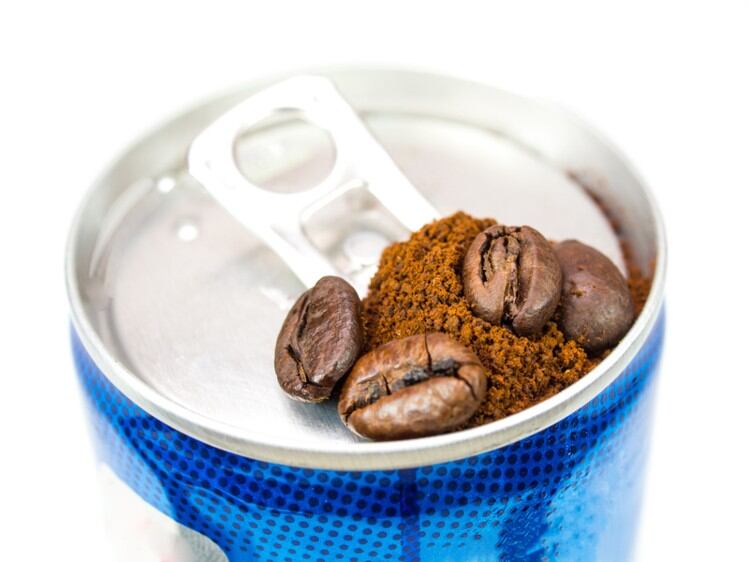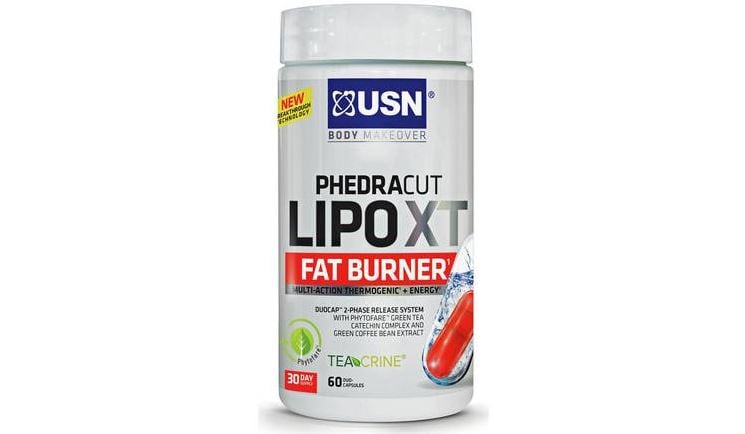Investigations by the Harvard University team find associations between caffeinated beverages and headaches on the following day follow a similar pattern.
Even after accounting for daily alcohol intake, stress, sleep, activity, and menstrual bleeding, a higher chance of a headache still links to three servings.
“To date, there have been few prospective studies on the immediate risk of migraine headaches with daily changes in caffeinated beverage intake,” says Dr Suzanne Bertisch, principal study investigator, based at Brigham and Women’s Hospital and Harvard Medical School.
“Our study was unique in that we captured detailed daily information on caffeine, headache, and other factors of interest for six weeks.”
Caffeine and migraine link
The findings are not unexpected as anecdotal evidence suggests that caffeinated beverages can trigger migraine headaches. However, few studies prospectively examine this association.
Whereas behavioural and environmental factors may only have potential harmful effects on migraine risk, the role of caffeine is particularly complex.
This is due to its impact being dependent on dose and frequency. It may trigger an attack but it is also an aid in easing pain.
The primary mechanism proposed for linking caffeine and migraine is caffeine’s antagonism of adenosine receptors.
As a pain regulator, adenosine inhibits or promotes pain, depending on the location (central or peripheral), type of pain (acute or chronic), and receptor subtype activated.
Study details
Investigators began by analysing data from 98 adults who suffer from episodic migraines. These adults complete electronic diaries twice a day for six weeks.
Here, subjects provide details on their caffeinated beverage intake, other lifestyle factors, and the timing and characteristics of each migraine headache.
The study compares each participant’s migraine incidence on days they consume caffeinated beverage intake to the incidence of migraines on days they did not.
Baseline data suggests subjects usually suffer an average of five headaches per month; 66% of them typically consume one to two caffeinated beverages per day and 12% consume three or more cups.
Throughout the six-week study period, subjects reported 8.4 headaches on average.
All subjects reported consuming caffeinated beverages at least one day throughout the experiment, consuming an average of 7.9 servings per week.
“These findings suggest that the impact of caffeinated beverages on headache risk was only apparent for three or more servings on that day,” the study says.
“Patients with episodic migraine did not experience a higher risk of migraine when consuming one to two caffeinated beverages per day.”
Caffeine mechanism of action
Commenting on caffeine’s primary mechanism of action, the team thought chronic adenosine receptor antagonism from habitual intake of around two or more cups of coffee for over five days causes upregulation of adenosine receptors and increasing extracellular adenosine content.
Due to the rapid development of caffeine tolerance, any interruption in regular consumption may lead to a caffeine withdrawal headache.
“We found that the transient impact of caffeinated beverages on daily headache risk was apparent only on days with three or more servings,” the team observe. “This agrees with prior evidence that caffeine dose impacts its pharmacodynamics.”
“Whereas low doses (5 milligrams per kilogram (mg/kg)) interact with central cholinergic pathways, medium to high intake (10-35 mg/kg) involves central amine systems, and high intake (75-100 mg/kg) central noradrenergic pathways.
“Consistent with our findings that the heightened odds of migraines were stronger among people reporting lower typical levels of habitual caffeine consumption, chronic caffeine consumption results in a higher number of adenosine A1 receptors.
“Other mechanisms may also play a role in a tolerance to caffeine’s effect on migraine occurrence.”
The team add that more research is required to look at the possible outcomes of caffeine on symptom onset in the hours after consumption and its role in influencing sleep, anxiety and migraine.
Source: The American Journal of Medicine
Published online: doi.org/10.1016/j.amjmed.2019.02.015
“Prospective Cohort Study of Caffeinated Beverage Intake as a Potential Trigger of Headaches among Migraineurs.”
Authors: Elizabeth Mostofsky et al.




